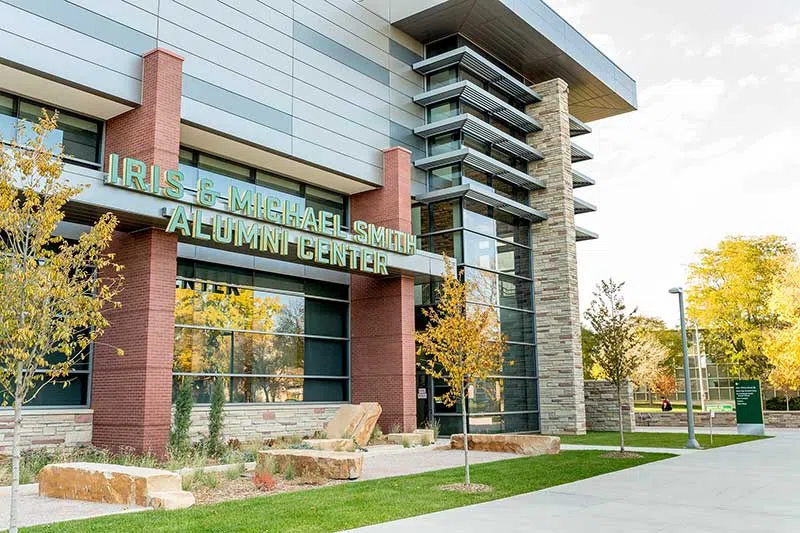Microbiology
Students who major in Biomedical Sciences (BMS) have the option to select a microbiology and infectious disease concentration. With a focus on understanding internationally important infectious diseases, the Department of Microbiology, Immunology, and Pathology is home to world-renowned scientists and leaders in laboratory research.
Media Gallery
Biomedical Sciences
Neuroscience
⭐ Biomedical Sciences
Whether you dream of being a doctor or developing technological advancements for the medical field, you’ll find your path here. The Biomedical Sciences major centers around physiology, cellular and molecular biology, and human and animal anatomy. Throughout your studies, you’ll be encouraged to select elective courses and laboratory research in specialty areas of endocrinology, pharmacology, neurophysiology, reproductive physiology, and cardiopulmonary physiology in order to tailor your educational experiences to meet your career dreams.
Anatomy and Physiology Concentration
Students will be prepared for a wide variety of careers that have a basis in cellular and molecular biology and human/animal anatomy and physiology. In addition to enrolling in required courses, students will have opportunities to engage in elective courses and laboratory research in specialty areas of endocrinology, pharmacology, pathophysiology, neurophysiology, reproductive physiology, and cardiopulmonary physiology.
Microbiology and Infectious Disease Concentration
Students will experience wide variety of opportunities that have a basis in cellular/molecular biology and infectious disease. Students will have opportunities to engage in elective courses and laboratory research in specialty areas of bacteriology, immunology, mycobacterial diseases, prion biology, vector borne infectious disease, and virology
Environmental Public Health Concentration
Students will be prepared for employment by public-sector environmental agencies, private industry, and academic institutions, as well as graduate study in medicine, veterinary medicine, and related biomedical and health fields.
⭐ Neuroscience
The Neuroscience major is an interdisciplinary degree with faculty in 10 departments across campus and strong foundations in mathematics, physics, chemistry, and biological sciences. Both concentrations require completion of an undergraduate thesis, providing opportunities for experiential learning in research laboratories, where you’ll work closely with faculty and can author original publications. Neuroscience majors have wide career options after graduation, complete with preparation for grad school, if desired.
Behavioral & Cognitive Neuroscience Concentration
The Behavioral and Cognitive Neuroscience concentration integrates an understanding of neuroanatomy with the mechanisms of sensation/perception and learning/memory, generally applied to human behavior.
Cell & Molecular Neuroscience Concentration
The Cell and Molecular Neuroscience Concentration integrates neuroanatomy with the cellular and molecular basis of nervous system function.
